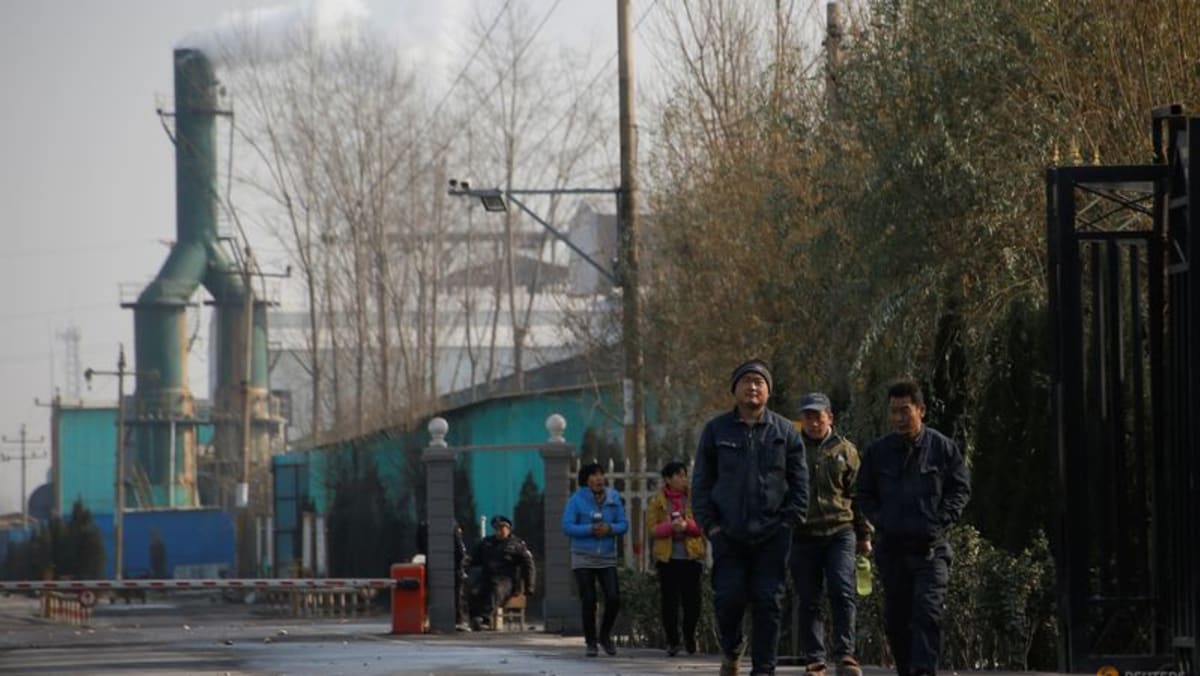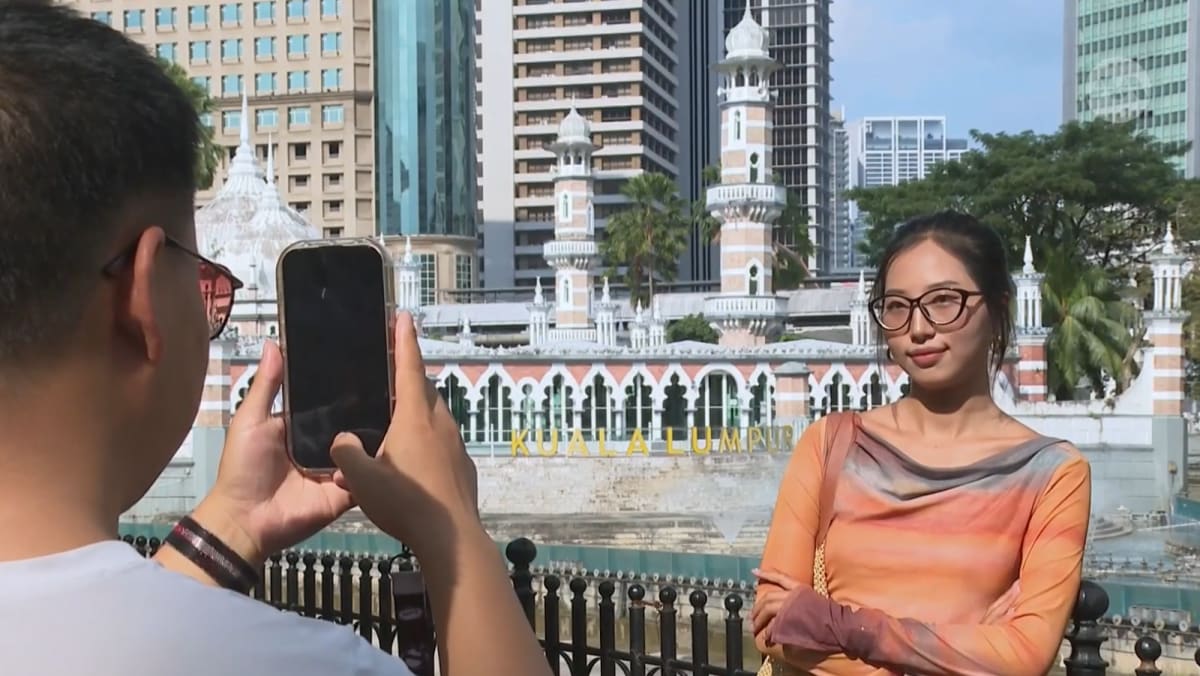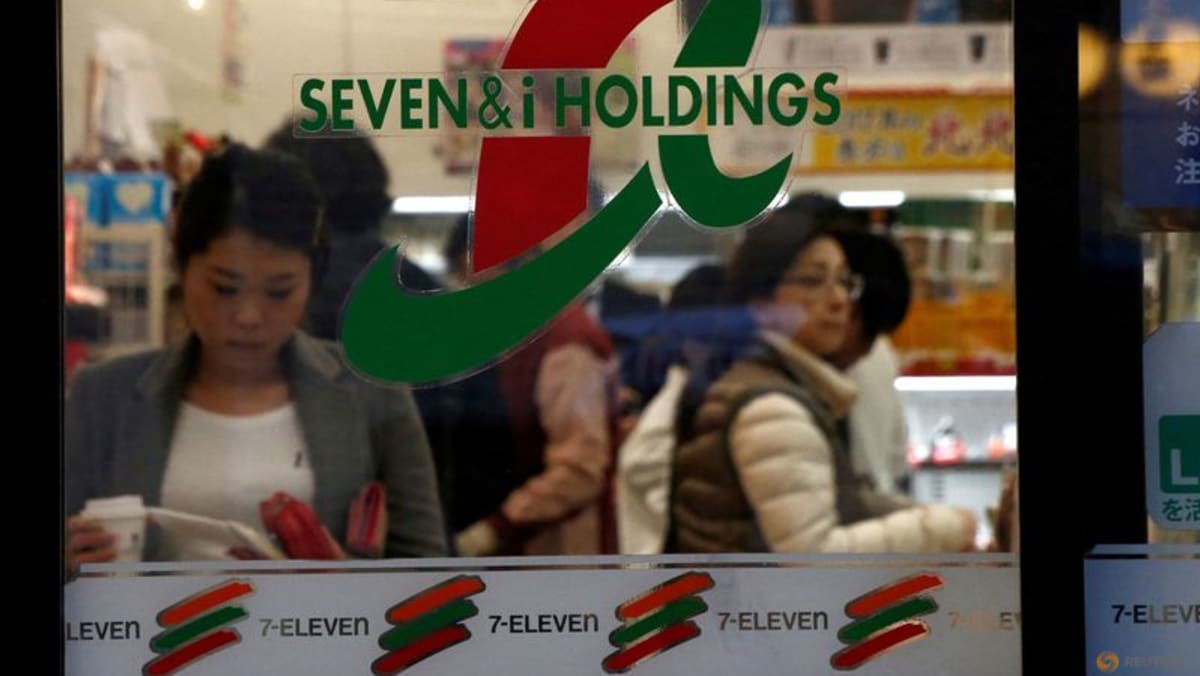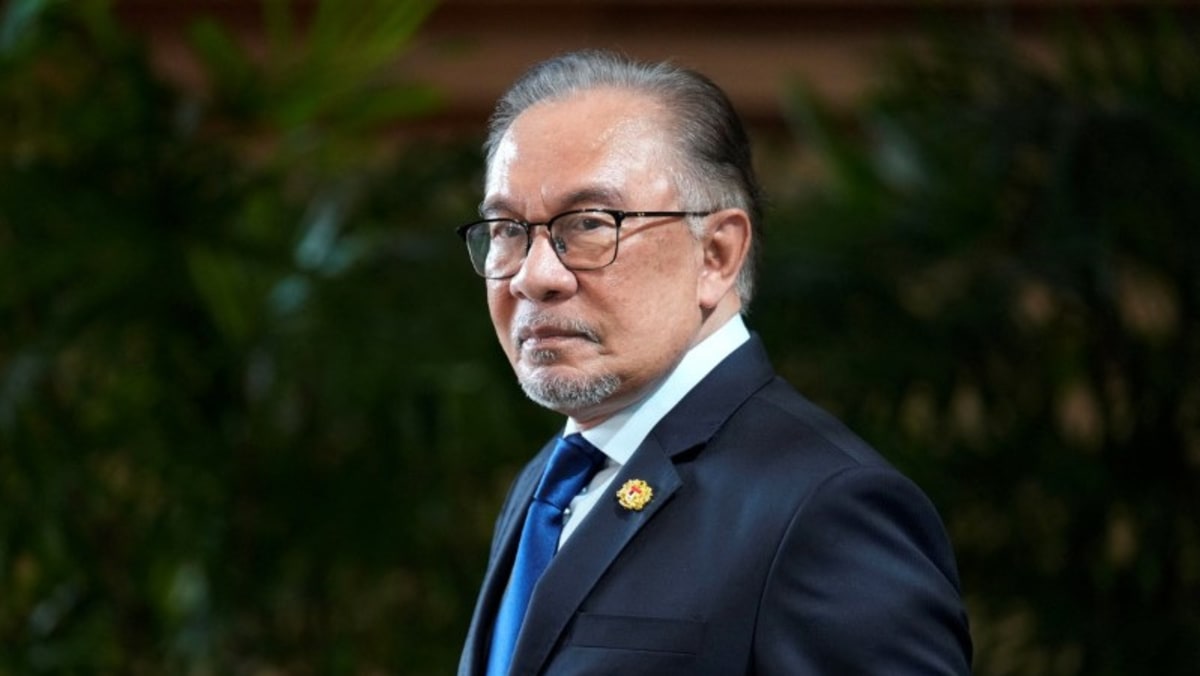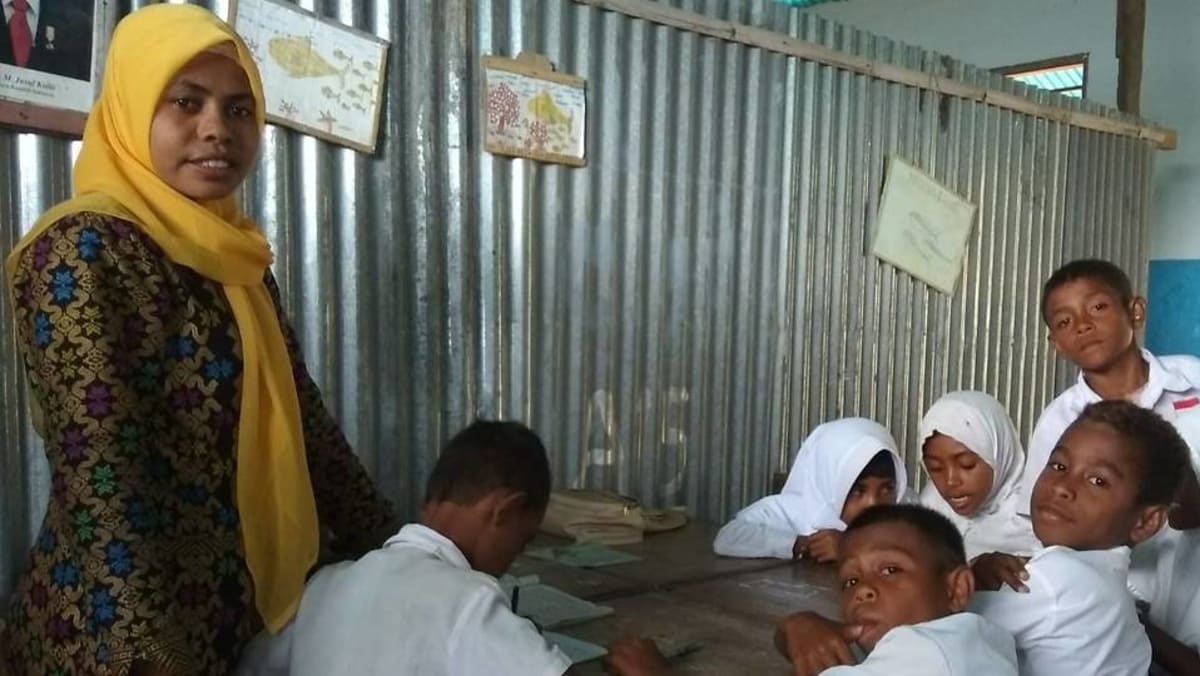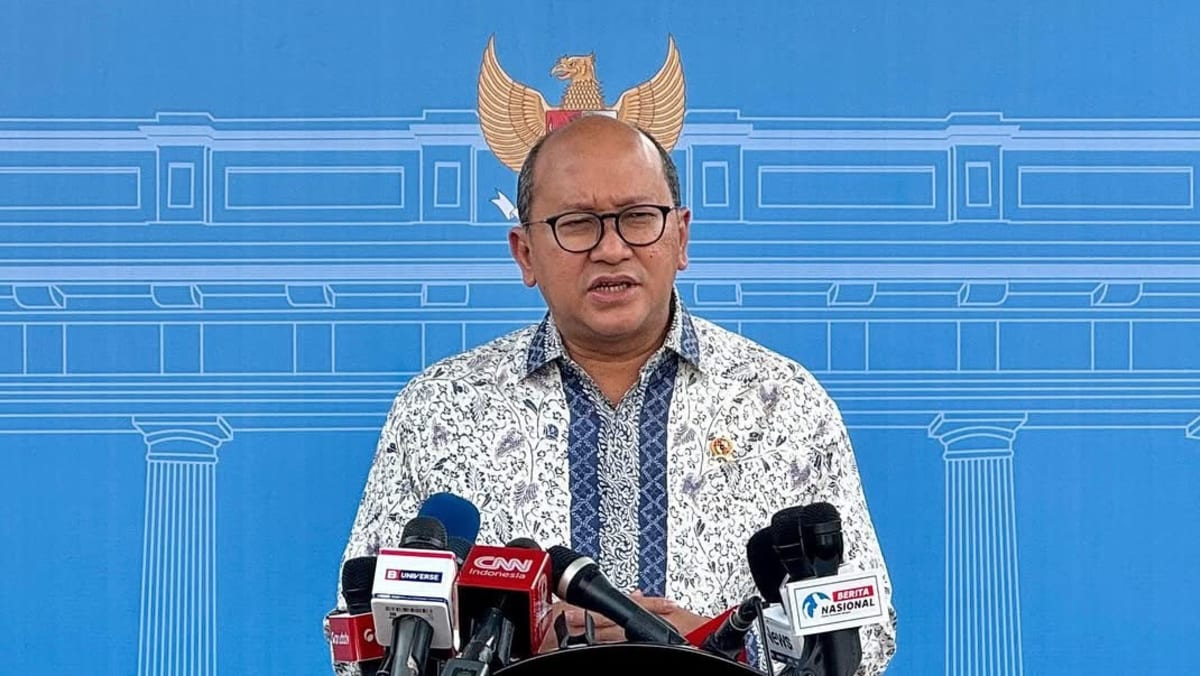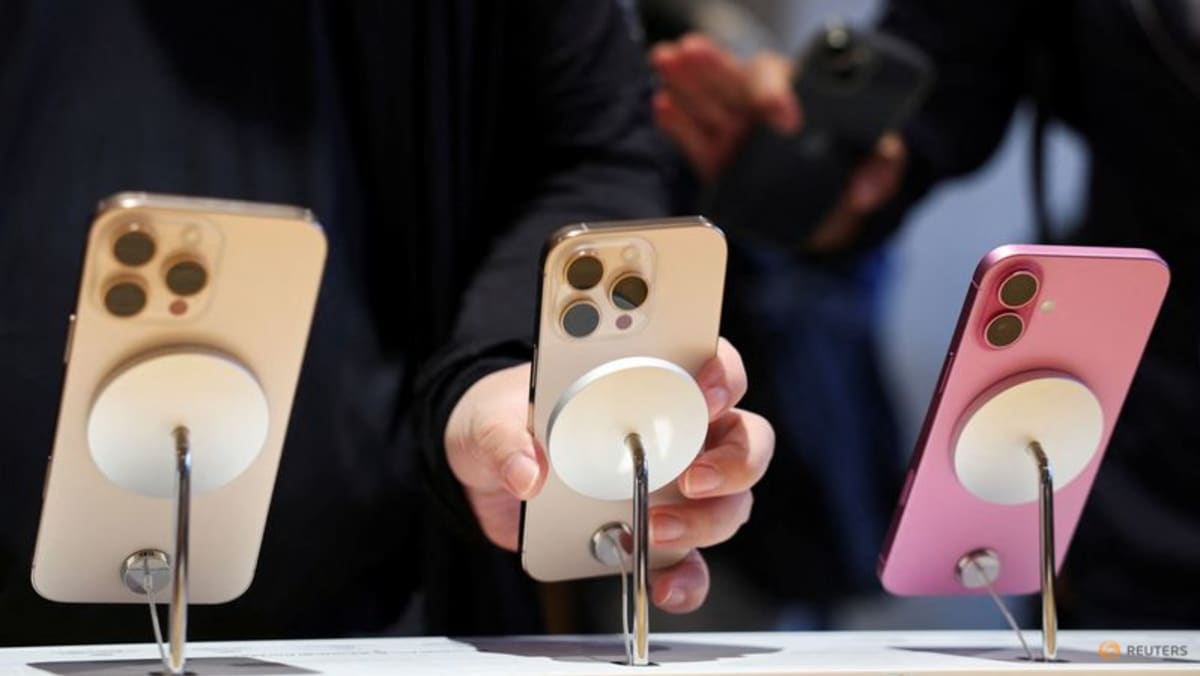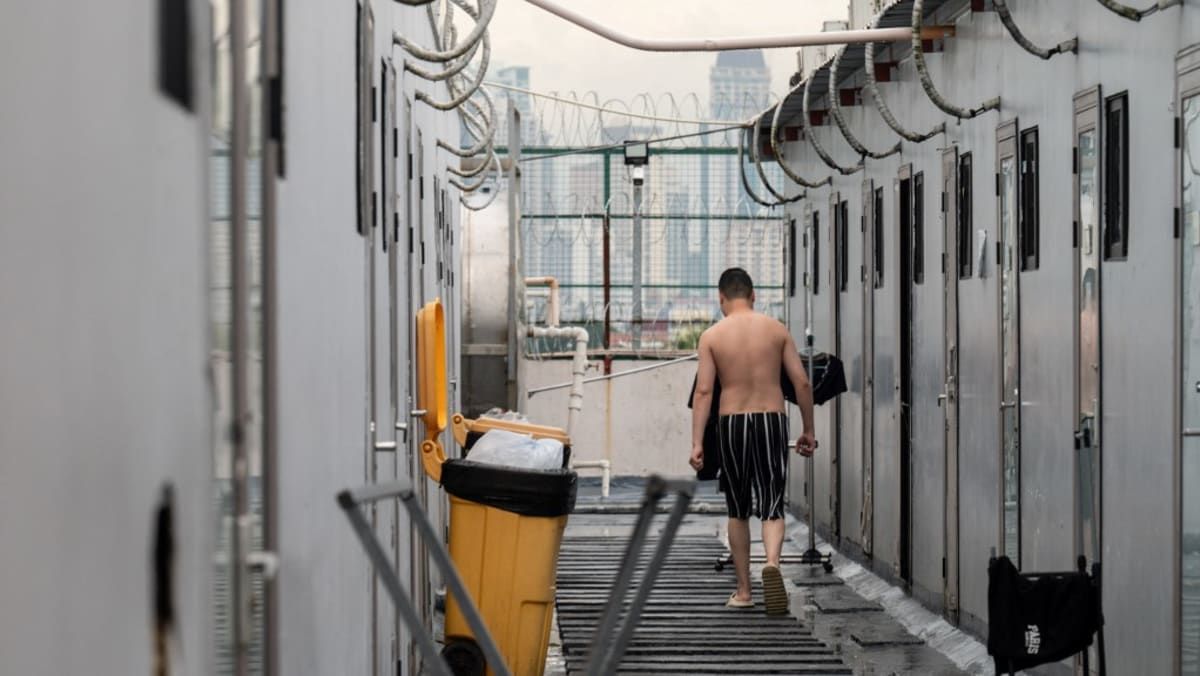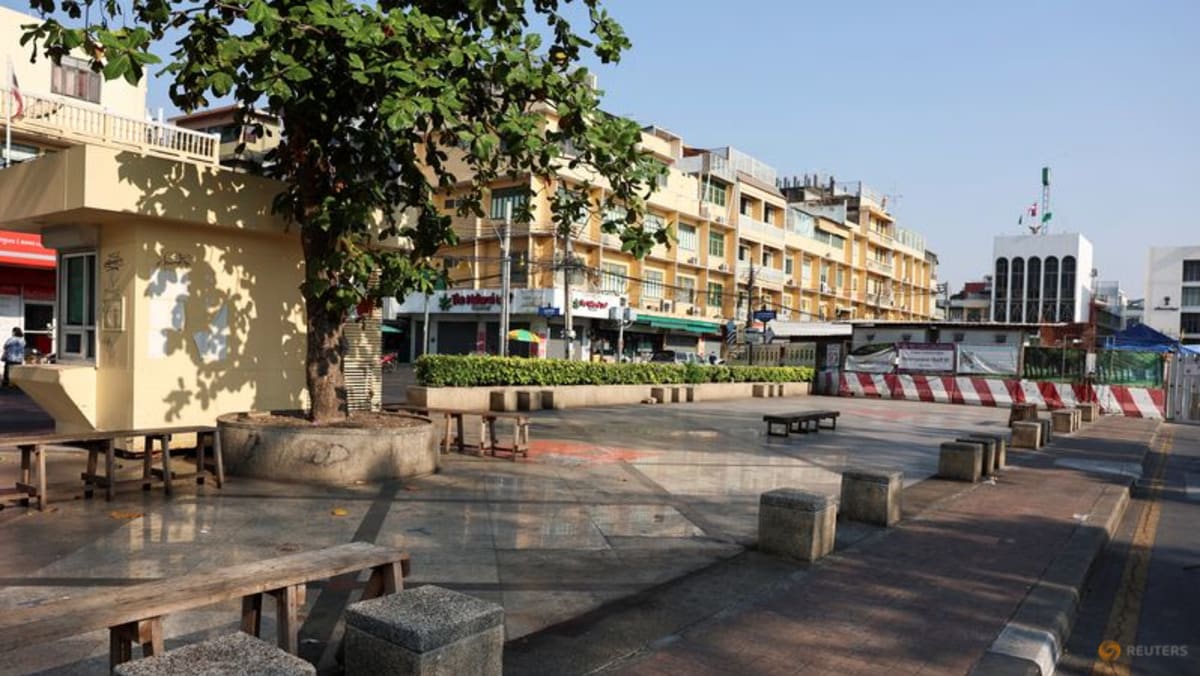Court decision on nomination of Indonesia presidential candidates could reshape future elections but potential pitfalls lurk
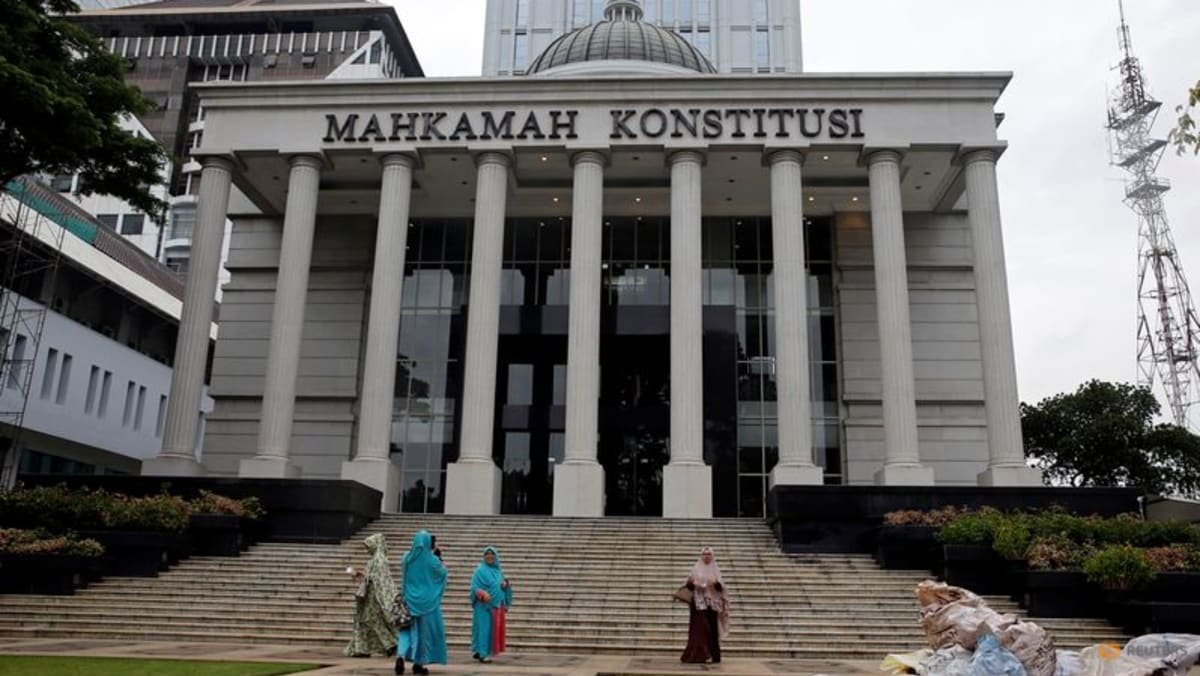
A MORE COMPETITIVE ELECTION?
The presidential threshold was introduced ahead of Indonesia’s first direct presidential election in 2004 as a way to limit the number of candidates vying for the country’s top job. Before 2004, a president was appointed by parliament.
Back then, the threshold stood at 15 per cent, resulting in a five-horse race. The election was won by Susilo Bambang Yudhoyono, but not before he squared off against then-incumbent Megawati Soekarnoputri in a runoff.
Indonesia then raised the threshold to 20 per cent ahead of the 2009 election, which critics saw as a move to make the presidential election less competitive by limiting the number of candidates.
This reduced the number of candidates to three, and Yudhoyono was re-elected after defeating his opponents in a single round.
Critics of the threshold argue that the restriction has given too much power to major political parties like Gerindra and PDI-P while smaller parties can only aspire to a running-mate ticket or a post in the cabinet.
“Furthermore, the nomination process of a presidential candidate is never transparent because it doesn’t go through a party convention process for all to see, like in the United States. A presidential candidate in Indonesia is essentially selected by a few elites inside major political parties,” explained Titi Anggraini, an election law expert from University of Indonesia.
Even though the court ruling will diminish their influence in shaping the country’s political landscape, politicians from some of Indonesia’s biggest parties have stated they respect the decision and vowed to uphold it.
“We will study the (court) decision in detail before we make it as a reference to deliberate revisions to the (current) Law on Election,” Budiarto Djiwandono of Gerindra said in a statement on Jan 3.
Members of the PDI-P hinted the party is seeking to limit the number of candidates in other ways.
“We want candidates to have certain qualitative requirements like experience in public office, knowledge of how the country is run and track record, without diminishing the right of every party to nominate their own presidential and vice-presidential candidates,” senior PDI-P politician Said Abdullah told reporters on Jan 3.
Acknowledging that politicians might seek other ways to limit the number of candidates, analysts are still looking forward to a threshold-free election.
“Eliminating the threshold will create an even playing field for political parties regardless of their size. The court decision will pave the way for a more inclusive, more open and more competitive election because of the political diversity being offered to voters in Indonesia,” Titi said.
The Constitutional Court’s latest ruling also suggests a “more progressive stance”, she said.
There have been at least 30 similar petitions to revoke the threshold over the last 20 years.
The successful petition was lodged by four students from Sunan Kalijaga State Islamic University in Cirebon, West Java.
“The Constitutional Court likely sought to avoid further tarnishing its public image, which suffered after the controversial decision on Gibran in 2023,” said Made Supriatma, a visiting fellow at Singapore’s ISEAS-Yusof Ishak Institute.
He was referring to the controversial court decision which revised the age limit for candidacy for public office, effectively paving the way for then-president Joko Widodo’s son Gibran Rakabuming Raka, aged 36 at the time, to run for vice-president.
The controversy sparked a massive student protest outside of the Constitutional Court and the court was forced to launch an ethics inquiry against then-chief justice Anwar Usman, Widodo’s brother-in-law, for suspected conflict of interest. Anwar was subsequently removed from his position as chief justice but allowed to keep his job as a regular justice.
Source: CNA



